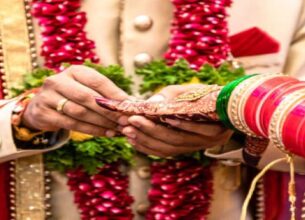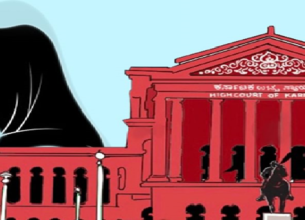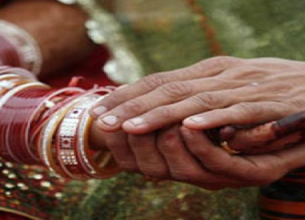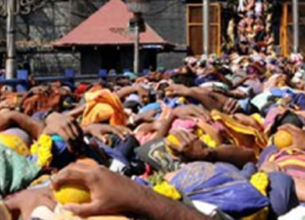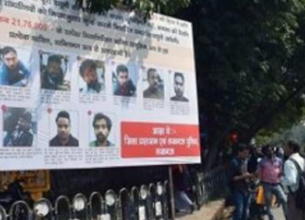Haryana’s Anti Conversion Bill
09, Feb 2022
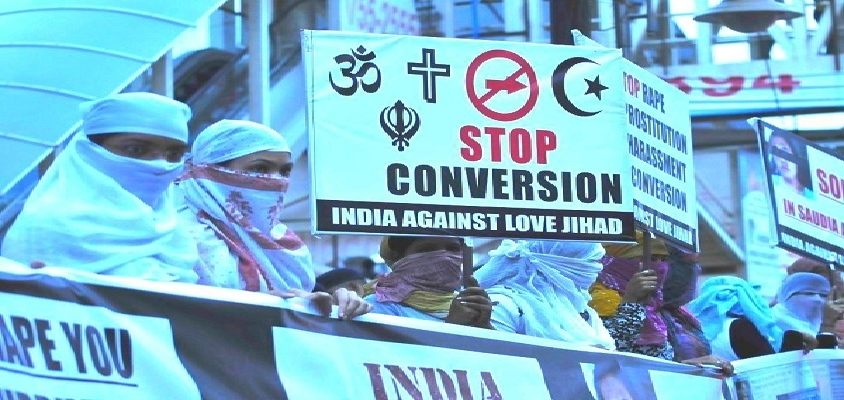
Prelims level : Policies
Mains level : GS-II Government policies and Interventions for development in various sectors and Issues Arising out of their Design and Implementation.
Why in News?
- After several other states, including Uttar Pradesh, Karnataka, Himachal Pradesh, and Madhya Pradesh, the Government in Haryana is set to enact legislation to prevent unlawful Religious Conversions.
About the News:
- The Haryana Prevention of Unlawful Conversion of Religious Bill, 2022 will be tabled in the Assembly’s budget session next month.
- It is likely to be passed, considering the BJP-JJP coalition has a comfortable majority in the 90-member House.
Why is the Government Bringing this Bill?
- According to the government and officials, many incidents of alleged “love jihad” have been reported in Haryana over the past few months, especially in the southern parts of the state.
- “Love jihad” is an expression used to refer the alleged attempts by Muslim men to force Hindu women to change their faith, frequently through allurement, promise of Marriage or Coercion.
- The Government has told Parliament that “the term ‘love jihad’ is not defined under the Extant Laws”, and the anti-conversion legislation in the states do not use the expression. But it is still used freely in Political Conversations and Speeches.
What is the progress on the Proposed Law so far, and What Happens Now?
- As a first step, a draft of the proposed Bill was approved by the Haryana Cabinet recently. The Bill will be tabled in the Vidhan Sabha when it meets in the Budget Session that commences on March 2.
- Once the Bill is passed and receives the assent of the Governor, it will be notified in the gazette and will become law.
What does the draft Bill Cleared by the Cabinet propose?
- The draft Bill seeks to “Prohibit Religious conversions which are effected through misrepresentation, force, undue influence, coercion, allurement or by any fraudulent means or by marriage or for Marriage by making it an Offence”.
What are the Objectives?
- The statement of Objectives and reasons in the Draft Bill says: “The individual right to freedom of conscience and religion cannot be extended to construe a collective right to proselytize; for the right to religious freedom belongs equally to the person converting and the individual sought to be Converted. Still, there have been umpteen cases of religious conversions, both mass and Individual.
- The draft Bill also suggests that incidents of so-called “love jihad” are increasing. It says in recent past several instances came to the notice that with an agenda to increase strength of their own religion by getting people from other religions converted, people marry persons of other religion by either misrepresentation or concealment of their own religion and after getting married they force such other person to convert to their own religion.
- The draft Bill proposes “greater punishment for such conversion in respect of the Minor, Women, Scheduled Castes and the Scheduled Tribes”.
How will it be Established that a Conversion is Unlawful under the Proposed law?
- According to the draft Bill, the burden of proof — as to whether a conversion was not effected through misrepresentation, use of force, under threat, undue influence, coercion, allurement, or by any fraudulent means, or by marriage, or for marriage for the purpose of carrying out conversion — shall be on the accused.
- Every individual converting from one religion to another shall submit to the prescribed authority a declaration that the conversion not effected through any of the unlawful means mentioned above. The designated authority shall make an inquiry in all such cases.
- The proposed Bill will also have a provision for declaring null and void any marriage that is found to have been solemnised by concealment of religion.
What do Critics Say?
- Such laws have come under sharp criticism from several legal scholars who had contended that the concept of ‘love jihad’ did not have any constitutional or legal basis.
- They have pointed to Article 21 of the constitution which guarantees individuals the right to marry a person of one’s choice.
- Also, under Article 25, freedom of conscience, the practice and conversion of religion of one’s choice Including not following any religion, are also Guaranteed.
Supreme Court on Marriage and Conversion:
- The Apex Court of India in its several judgments has held that the state and the courts have no jurisdiction over an adult’s absolute right to choose a life partner.
- The Supreme Court of India, in both the Lily Thomas and Sarla Mudgal cases, has confirmed that religious conversions carried out without a bona fide belief and for the sole purpose of deriving some legal benefit do not hold water.
- Salamat Ansari-Priyanka Kharwar case of Allahabad High Court 2020: The right to choose a partner or live with a person of choice was part of a citizen’s fundamental right to life and liberty (Article 21).
Need of the Hour:
- There is a need for uniformity: Article 18 of the Universal Declaration on Human Rights mentions everyone has the right to freedom of religion including changing their faith. Since it is a state subject, the Centre can frame a model law like Model law on contract Farming etc.
- States while enacting anti-conversion laws should not put any vague or ambiguous provisions for the person who wanted to convert of his own will.
- The anti-conversion laws also need to include a provision to mention the valid steps for Conversion by minority Community Institutions.
- People also need to be educated about the provisions and ways of Forceful conversions, Inducement or Allurement, etc.



